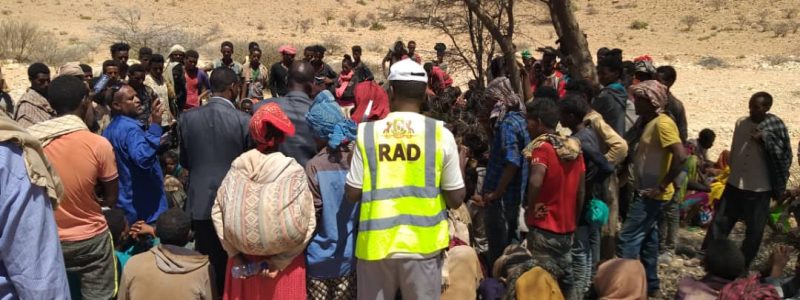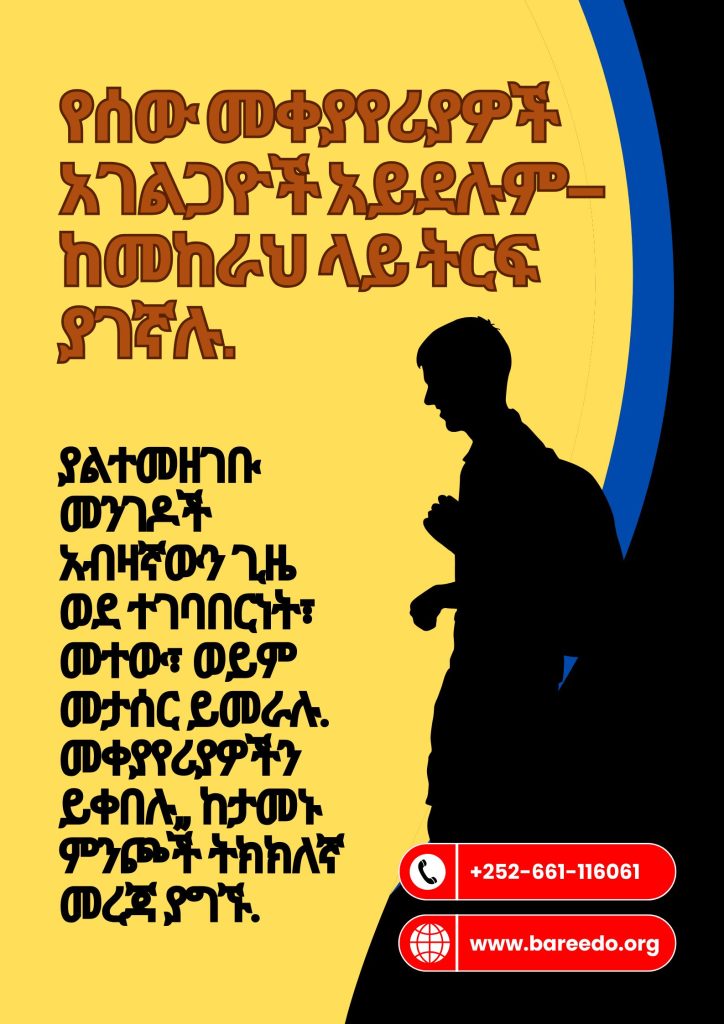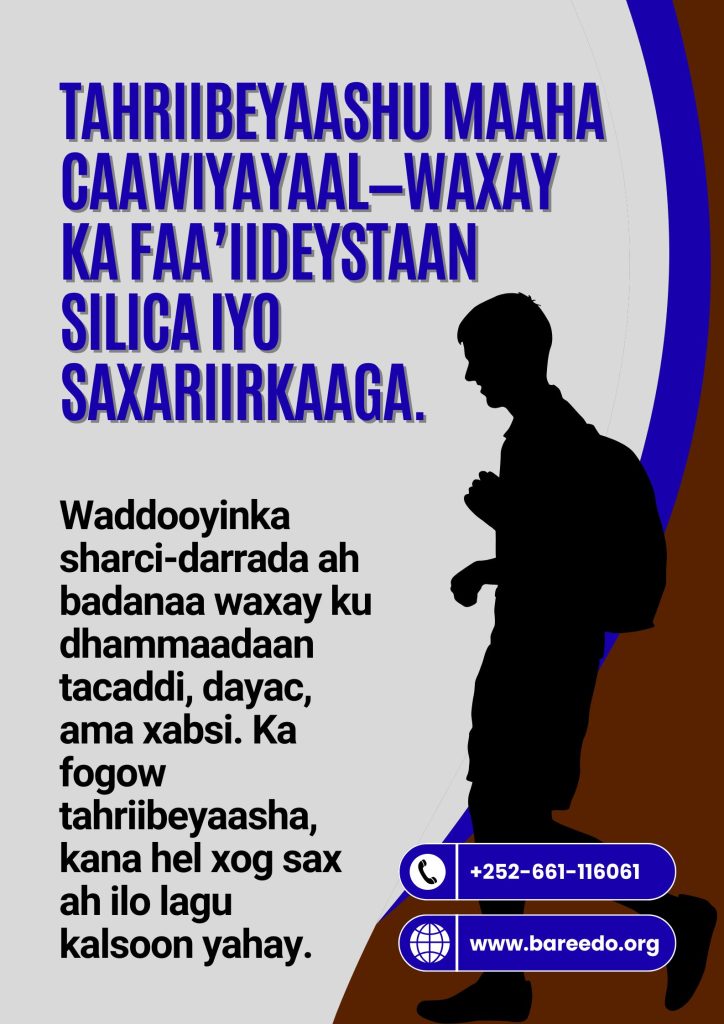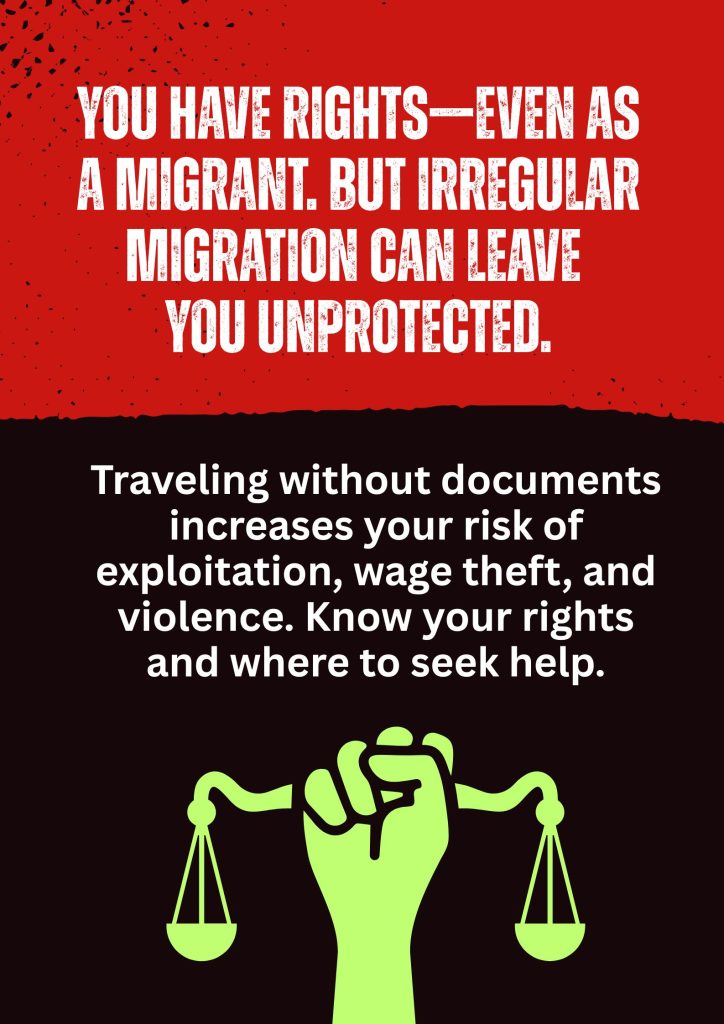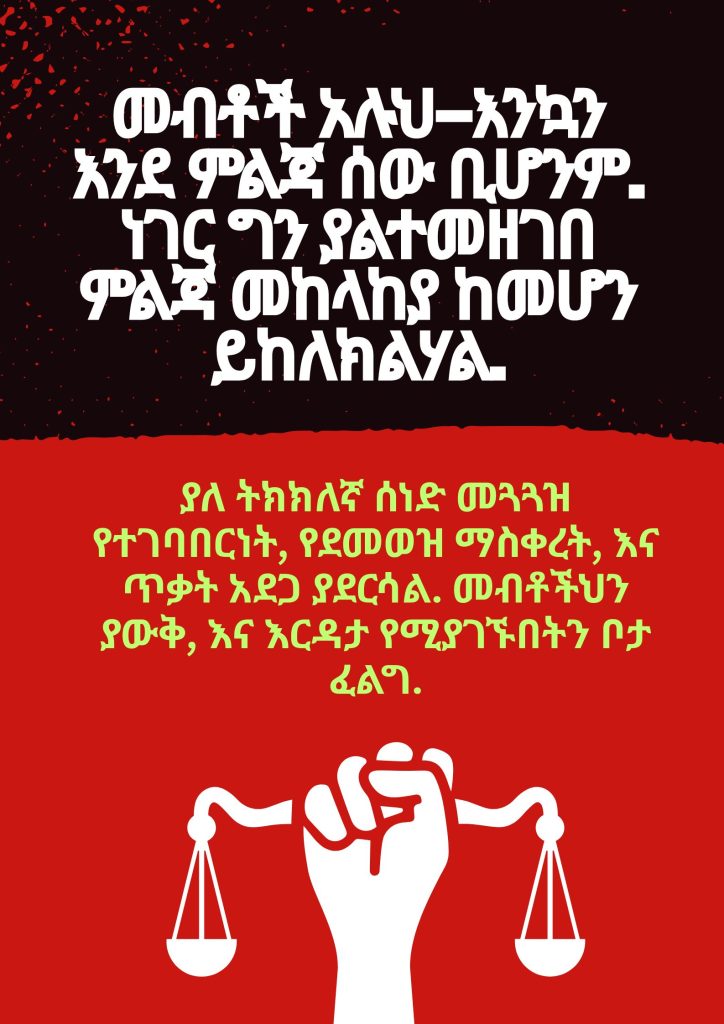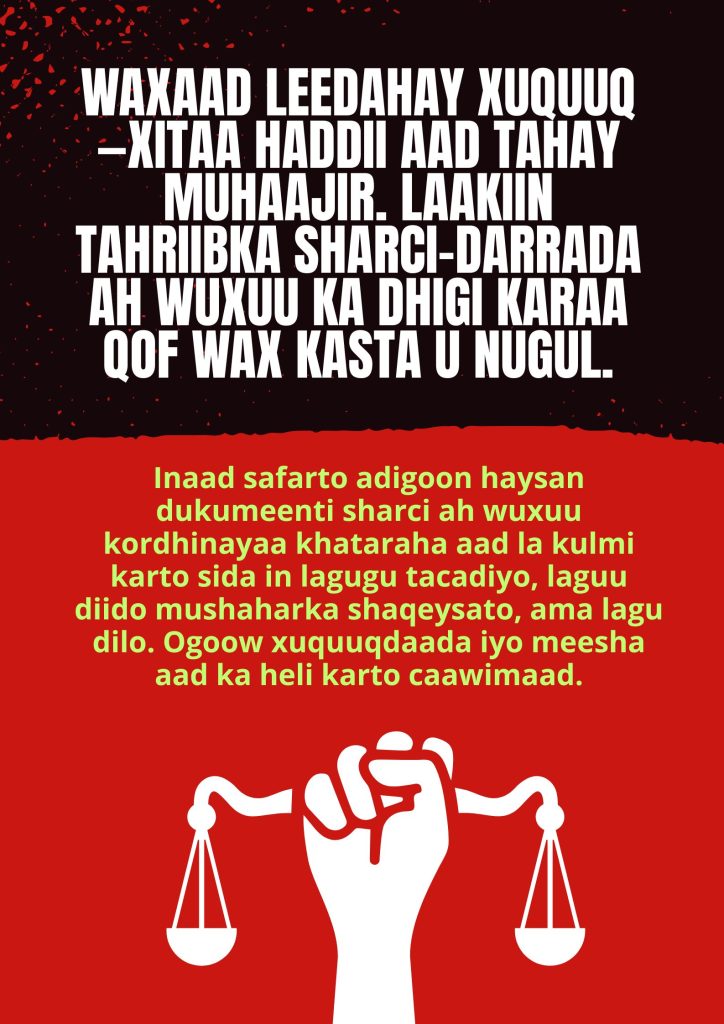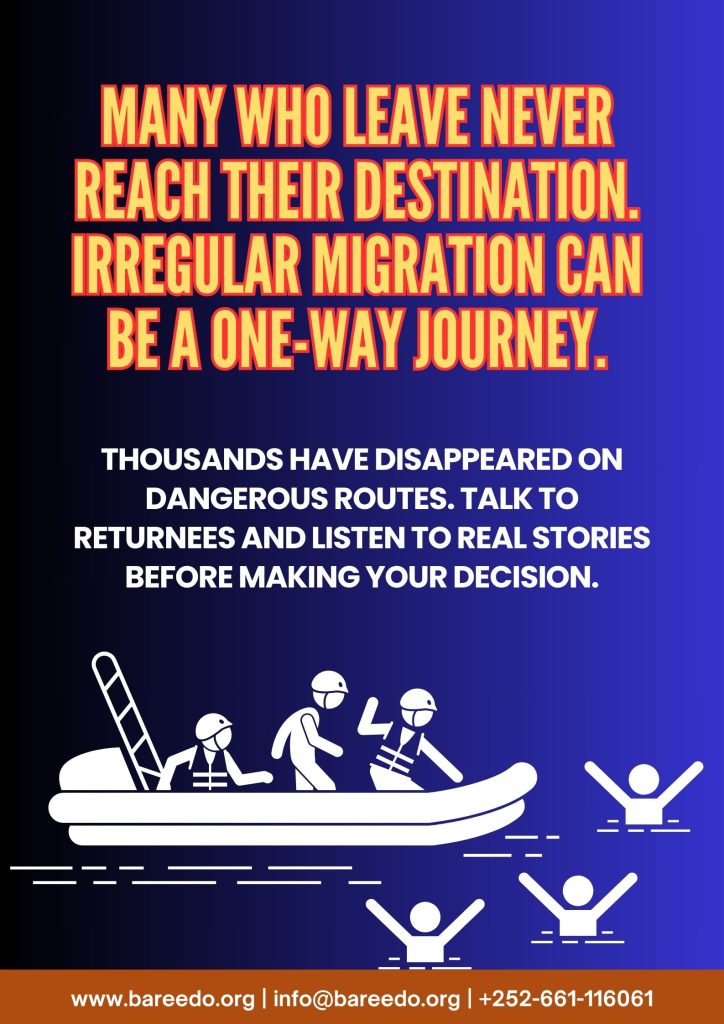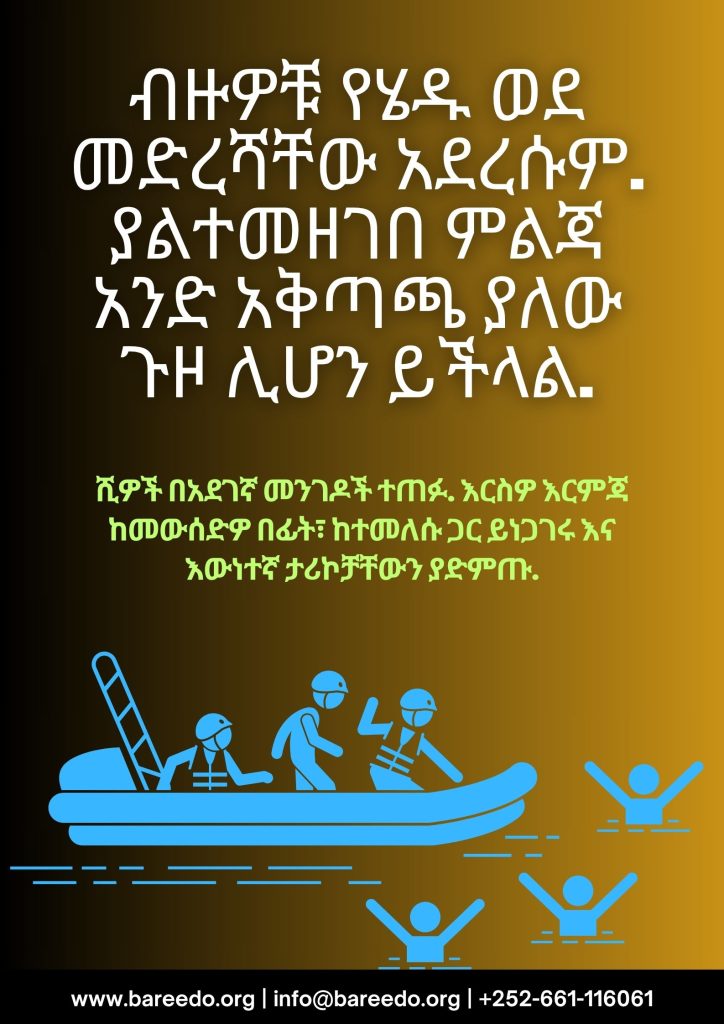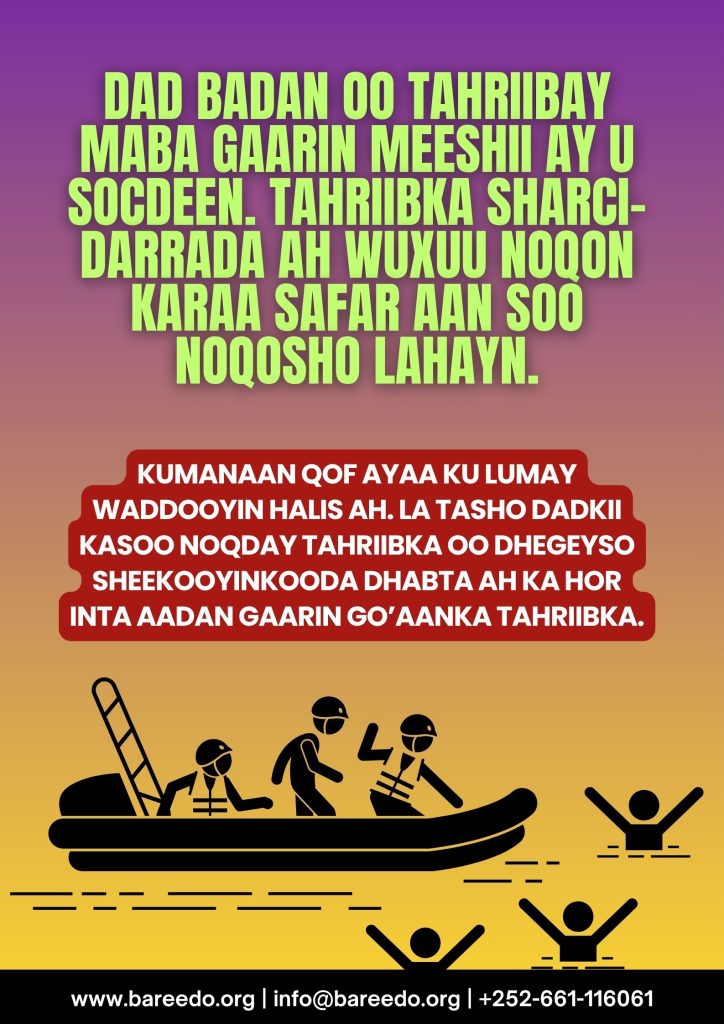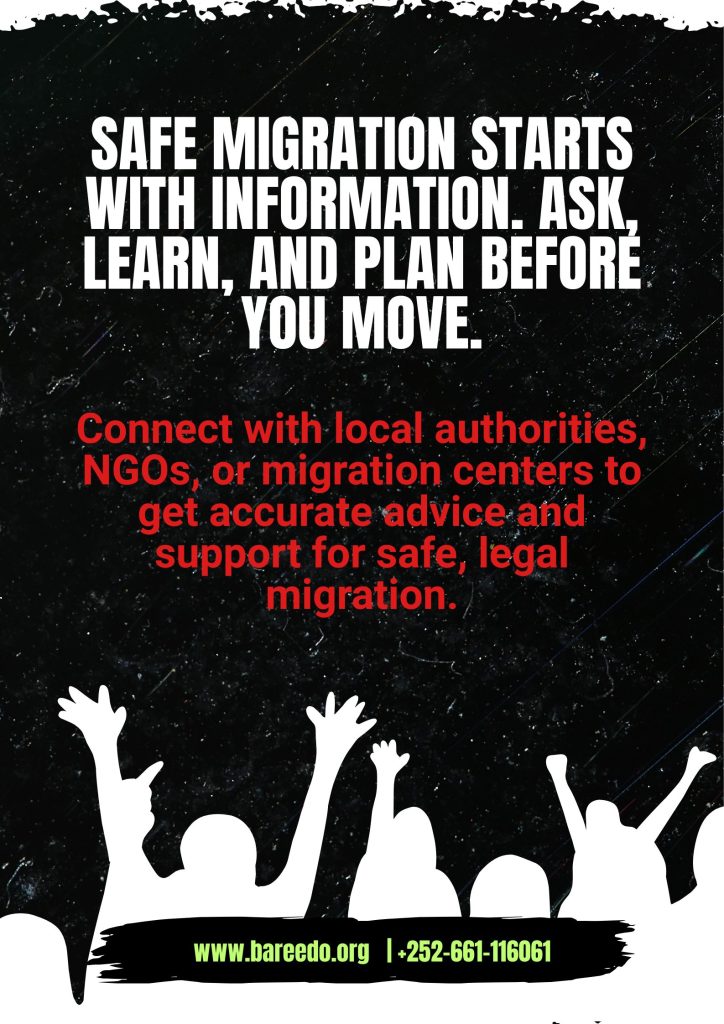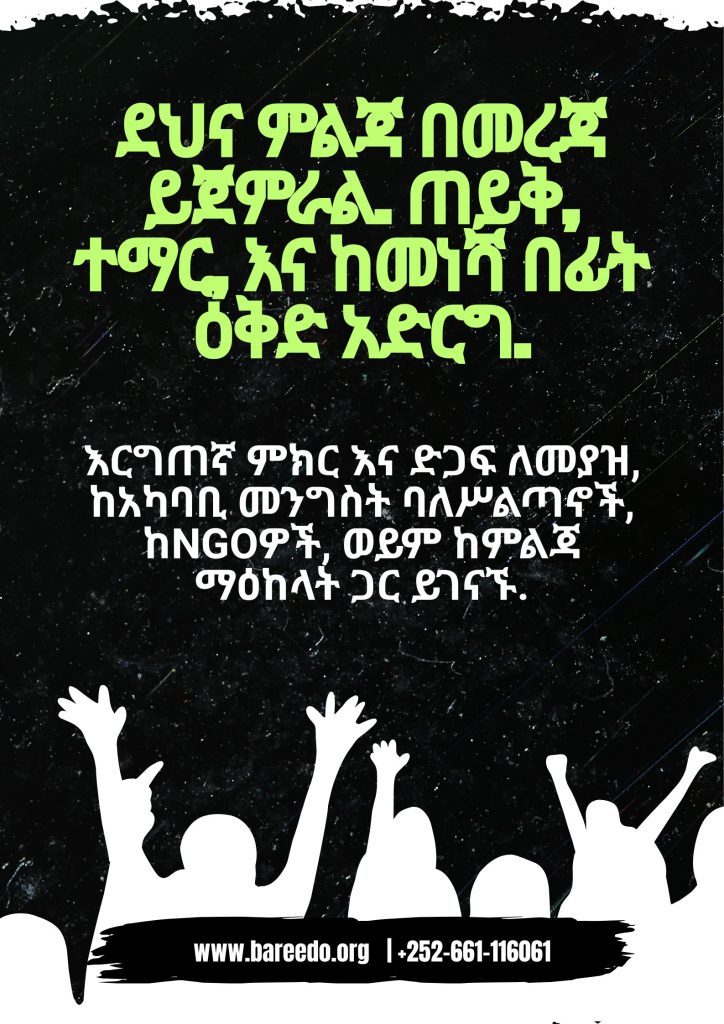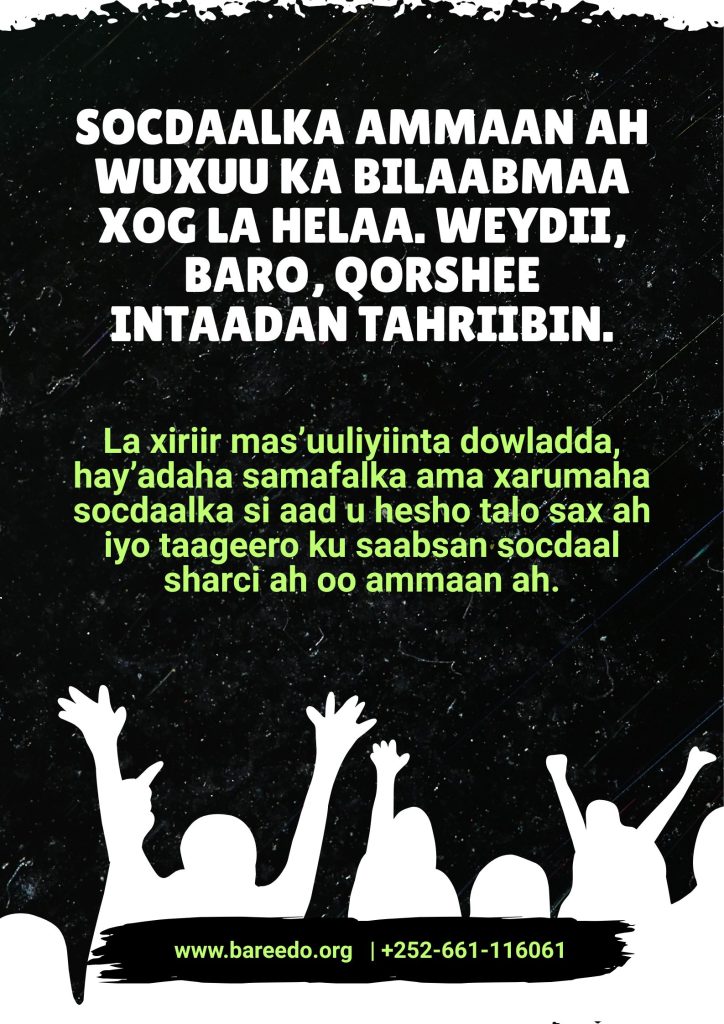With the support of the Digital Defenders Partnership (DDP), Bareedo Platform Somalia held a three-day digital security training for more than 70 civil society organizations, human rights defenders, activists and journalists from all regions of the state of Puntland in Somalia to promote their digital security capacity to better respond to cybersecurity challenges and digital threats.
The training included and gave priority to the organizations run by the most vulnerable groups, such as women journalists, women human rights defenders, women activists, feminists, minorities, and people with disabilities who are subject to digital attacks or at risk of digital threats. 93% of the training participants have never had or participated in digital security training. 79% of them have been facing cybersecurity challenges and digital threats. The Puntland NGO Network (PUNTNGO), an umbrella organization that brings together all registered local non-governmental and non-profit organizations (NGO) operating in Puntland, Somalia, facilitated the identification, selection, and reach of these organizations and human rights defenders.
The training was held between March 2, 2024, and March 4, 2024, and was held in Garowe at the conference hall of Puntland State University, which is an ample and perfect venue for accommodating a large number of participants in observance of the COVID-19 health and safety measures.






Professional digital security experts with extensive knowledge and experience in cybersecurity facilitated and led the training. They taught the training participants topics covering knowledge and practical experience on how to deal with different digital risks, including phishing, ransomware, malware, password protection, information security, social engineering, physical security, mobile device security, email security, working remotely, cloud security, social media, safe web browsing, risk management, and incident reporting. Updates about the newly-emerged threats and vulnerabilities that civil society organizations and human rights defenders need to be aware of and watchful of. The training also included sessions covering how these organizations develop sustainable internal digital security policies and action plans to better respond to cybersecurity challenges and digital threats.





The training was participatory and highly practical, where the participants engaged in discussions, brainstorming, and experience-sharing sessions where they talked about the risks and problems they face online, such as cyber-harassment, trolling, doxing, non-consensual image distribution, and others, as well as the solutions and how to respond to them and ensure their digital safety in the long run.
Bareedo Platform ensured the relevance and appropriateness of training lessons and knowledge that fit the needs of the participants based on previous incidents, vulnerabilities, and risks they face online. The training materials were developed in line with the needs of the target population and the findings of a digital security assessment survey that was conducted before the training.
95% of the training participants reported that the training was helpful for them and that the training contents were relevant and most appropriate to their digital security needs in a post-training survey conducted after the training.
As a result, the training adequately improved the capacity and resilience of these 70 civil society organizations and human rights defenders, who have been facing severe cybersecurity challenges and digital threats. In consideration of pre-training and post-training surveys, the participants improved their digital security capacity and resilience and tapped practical knowledge and capacity to respond to the digital security challenges they face in their work and daily lives. The training participants rated their digital security knowledge as 7.3% “excellent,”, 52.5% “good,”, and 8.5% “adequate” in a post-training survey conducted after the training.
The training participants also learned and practiced how they can develop their own digital safety policies and plans customized to their needs and goals and adopt basic safety practices, such as incorporating digital security training into their onboarding process for new staff and encouraging interest in digital safety practices among all staff.





88.1% of the training participants said that the training met their expectations in a post-training survey conducted after the training. As part of the participants’ action plans after the training, 55% of them said they will train and share what they have learned with their organization’s staff members; 29% said they will help their organizations conduct digital risk assessments to identify online security strengths and weaknesses as well as develop applicable recommendations and resources for improvement. 15.3% said they will help their organizations develop long-term internal digital security policies and action plans to better address cybersecurity concerns and digital threats.
This much-needed training is part of the activities of a project entitled “Strengthening the digital security capacity of civil society organizations, human rights defenders, activists, and journalists in Somalia” implemented by Bareedo Platform in Somalia in response to the growing digital security threats and attacks faced by civil society organizations, journalists, human rights defenders, and activists in Somalia.
The project was proposed after seeing that civil society organizations, human rights defenders, activists, and journalists have become more dependent on the internet and digital platforms than before for communications, organization, and the amplification of their critical work as Internet connectivity gains momentum in Somalia. Civil society organizations, human rights defenders, activists, and journalists face a multitude of challenges and vulnerabilities in the online world, ranging from trolling, doxing, hacking, targeted surveillance, online harassment, smear campaigns, and disinformation, including gendered disinformation. These have chilling consequences, with most reporting the loss of their social media platforms, emails, and sensitive data. Some opt to self-censor, limit, or leave online spaces, and activism works.
These challenges continued to exist because these groups lacked the knowledge and capacity to defend against online threats, minimize their risks, and stay safe online, expressing feelings of helplessness when faced with things like surveillance and online harassment. Others have low awareness of actual threats and attacks, creating an “it won’t happen to me” attitude. Data shows that 72% of them have never participated in any digital security training that taught them how to use the internet or digital devices securely and how to protect their digital devices and platforms. Another challenge is that 79% of civil society organizations often do not have sufficient cybersecurity plans in place due to a lack of the necessary resources and expertise and the budget to hire outside security experts, leaving them vulnerable to breaches.




Bareedo Platform will continue to support and build the digital security capacity of civil society organizations, particularly those led by vulnerable groups such as women, feminists, minorities, and disabled people who are facing digital threats and risks throughout Somalia. Bareedo Platform will consider and prioritize the unique digital attacks and threats that these groups face on digital platforms and will develop the relevant digital tools and practices that they can adapt to ensure their digital safety in the long run.
In follow-up to the training, Bareedo Platform will use its digital security expert to offer virtual-based, one-on-one direct technical support for civil society organizations, including digital safety diagnostics, technical assistance, policy, and support for those organizations that lack the necessary resources and expertise and the budget to hire an expert to enhance organization-level digital security practices.
As part of its digital rights program, Bareedo Platform established a Digital Help Desk in Somalia to provide timely technical assistance, resources, and capacity building to civil society organizations, human rights defenders, journalists, and activists in Somalia who are under attack or at risk of a digital threat. And also, the desk works to combat online harassment and abuse, eliminate arbitrary and unlawful surveillance, combat government-imposed Internet shutdowns, and counter disinformation and foreign information manipulation and interference.





































